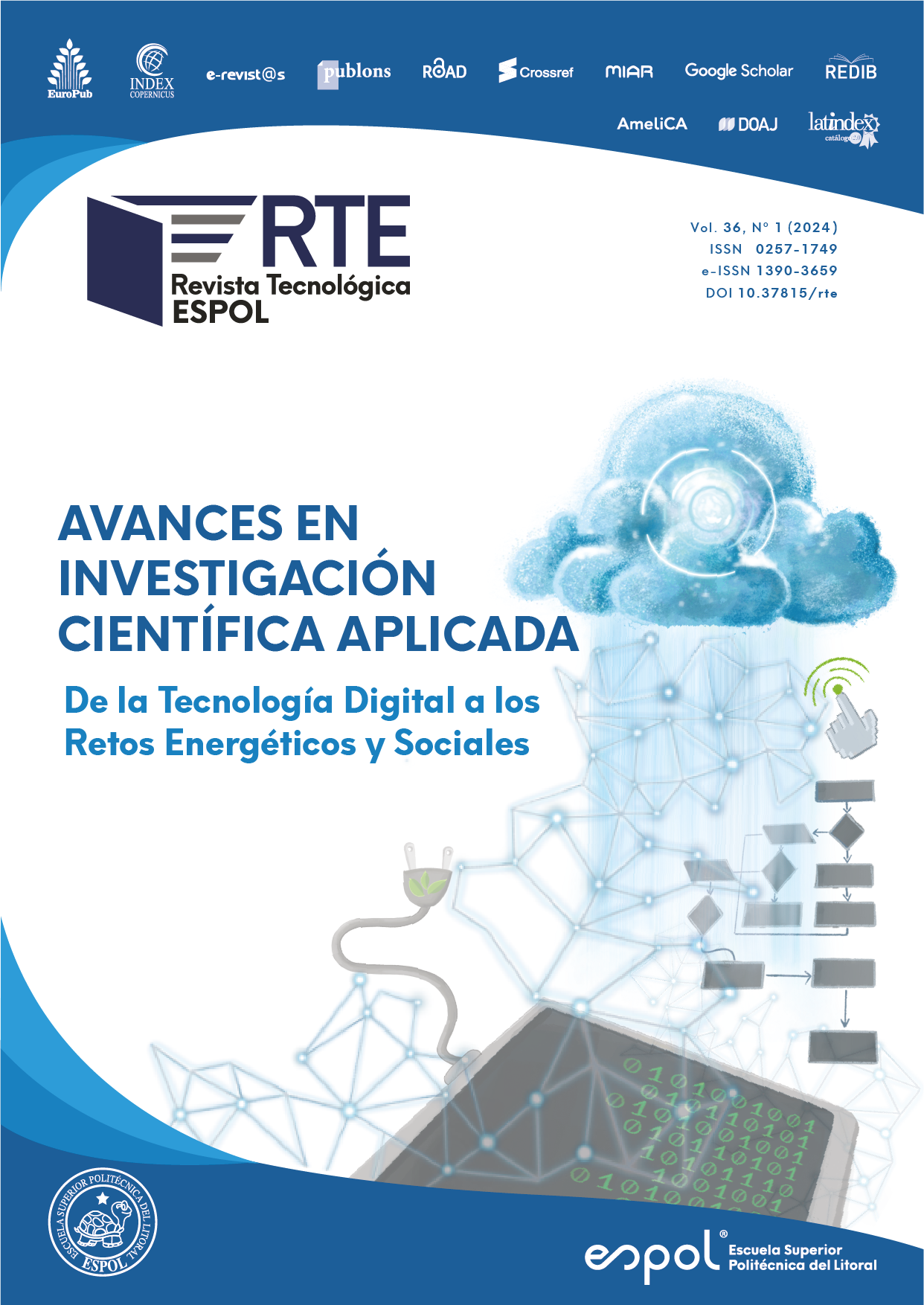The article evaluates the performance in terms of execution times in solving algebraic integrals using both the object-oriented programming (OOP) and reactive programming (RP) paradigms. The problem addressed is the lack of scientific evidence that allows us to determine which paradigm offers the best results in terms of execution times in solving these integrals. The approach of the study involves the implementation of two versions in Java, each built following the principles of the aforementioned paradigms. Subsequently, through controlled experimental scenarios and integrated Java methods, the execution time of each application is measured. The results reveal that reactive programming demonstrates greater efficiency in terms of performance. This research focuses on the resolution of linear and polynomial algebraic integrals and points out the need for more extensive research in this field. In conclusion, the study shows that reactive programming significantly outperforms object-oriented programming, demonstrating notably lower execution times.

This work is licensed under a Creative Commons Attribution-NonCommercial 4.0 International License.
References
Bainomugisha, E., Carreton, A. L., Cutsem, T. van, Mostinckx, S., & Meuter, W. de. (2013). A survey on reactive programming. ACM Comput. Surv., 45(4). https://doi.org/10.1145/2501654.2501666
Budnikova, O. S., & Bulatov, M. V. (2012). Numerical solution of integral-algebraic equations for multistep methods. Computational Mathematics and Mathematical Physics, 52(5), 691–701. https://doi.org/10.1134/S0965542512050041
Cai, M., & Li, C. (2020). Numerical Approaches to Fractional Integrals and Derivatives: A Review. Mathematics, 8(1). https://doi.org/10.3390/math8010043
Galindo, C., Pérez, S., & Silva, J. (2023). Program slicing of Java programs. Journal of Logical and Algebraic Methods in Programming, 130, 100826. https://doi.org/10.1016/j.jlamp.2022.100826
Garrido, A., & Carrillo, J. (2013). Programación reactiva en la administración de proyectos: aproximación conceptual y aplicaciones prácticas. Revista EAN, 74, 72–85. https://doi.org/10.21158/01208160.n74.2013.737
Gomez-Gasquet, P., & Diaz-Madronero, M. (2014). Algorithms for reactive production scheduling: an application in the ceramic industry. BOLETIN DE LA SOCIEDAD ESPANOLA DE CERAMICA Y VIDRIO, 53(4), I–IV. https://doi.org/10.3989/cyv.2014.v53.i4.1292
Jeffrey, A. (2004). 4 - Indefinite Integrals of Algebraic Functions. In A. Jeffrey (Ed.), Handbook of Mathematical Formulas and Integrals (Third Edition) (Third Edition, pp. 145–165). Academic Press. https://doi.org/10.1016/B978-012382256-7/50007-5
Maina, N. K., Muketha, G. M., & Wambugu, G. M. (2022). A Literature Survey of Complexity Metrics for Object-Oriented Programs. International Journal of Science and Engineering Applications. https://api.semanticscholar.org/CorpusID:248939582
Mosteo, A. R. (2020). Reactive programming in Ada 2012 with RxAda. Journal of Systems Architecture, 110, 101784. https://doi.org/10.1016/j.sysarc.2020.101784
Ortin, F., Facundo, G., & Garcia, M. (2023). Analyzing syntactic constructs of Java programs with machine learning. Expert Systems with Applications, 215, 119398. https://doi.org/10.1016/j.eswa.2022.119398
Ozkaya, M., & Erata, F. (2020). A survey on the practical use of UML for different software architecture viewpoints. Information and Software Technology, 121, 106275. https://doi.org/10.1016/j.infsof.2020.106275
Peñuela, A., Hutton, C., & Pianosi, F. (2021). An open-source package with interactive Jupyter Notebooks to enhance the accessibility of reservoir operations simulation and optimisation. Environmental Modelling & Software, 145, 105188. https://doi.org/10.1016/j.envsoft.2021.105188
Qiu, D., Li, B., & Leung, H. (2016). Understanding the API usage in Java. Information and Software Technology, 73, 81–100. https://doi.org/10.1016/j.infsof.2016.01.011
Singh, N., Chouhan, S. S., & Verma, K. (2021). Object Oriented Programming: Concepts, Limitations and Application Trends. 2021 5th International Conference on Information Systems and Computer Networks (ISCON), 1–4. https://doi.org/10.1109/ISCON52037.2021.9702463
Wan, Z., & Hudak, P. (2000). Functional reactive programming from first principles. Proceedings of the ACM SIGPLAN 2000 Conference on Programming Language Design and Implementation, 242–252. https://doi.org/10.1145/349299.349331
Xihui Zhang, John D. Crabtree, Mark G. Terwilliger, & Redman, Tyler T. (2020). Assessing Students’ Object-Oriented Programming Skills with Java: The “Department-Employee” Project. Journal of Computer Information Systems, 60(3), 274–286. https://doi.org/10.1080/08874417.2018.1467243
Zotos, K. (2007). Object-oriented design principles in mathematics. Applied Mathematics and Computation, 188(2), 1430–1436. https://doi.org/10.1016/j.amc.2006.11.009







